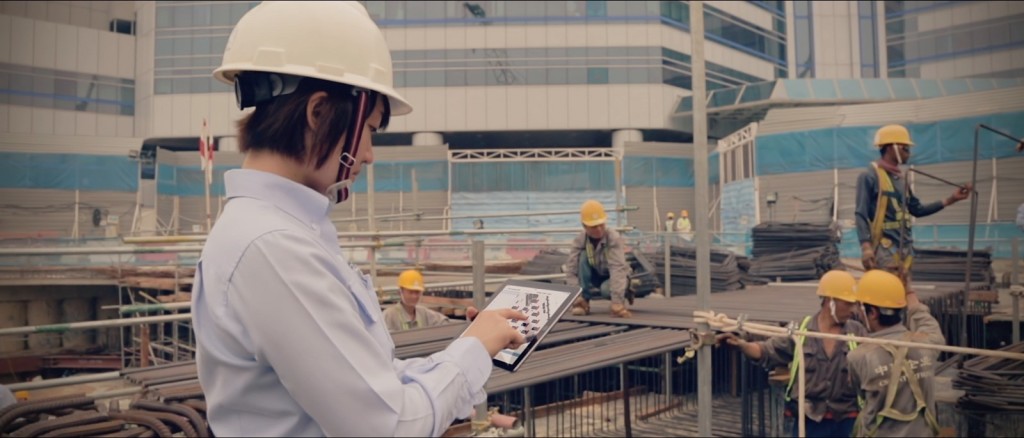Big Data + Construction: How Contractors Leverage A Valuable Partnership
Are you a construction contractor looking to mitigate risks on the job site, effectively streamline building design, and reduce waste generated by your projects? You may be interested in learning more about big data and the role it’s playing in modern construction operations.
Big Data is an endless amount of information waiting to be collected, analyzed, and put to use by your construction team. Let’s discuss how big data can prove to be a valuable business partner, and explore ideas to leverage it to improve safety and productivity on the job site.
What Is Big Data + How Does It Affect The Construction Industry?
The key to understanding big data is in its name… it refers to large quantities of data that have been stored down through time and continue to be obtained today. This information comes from machines, people, computers, or other devices that generate data and can be very useful when harnessed.
We use technology in every part of the modern construction industry, from connecting with potential jobs to renting quality commercial work vehicles and construction equipment. With big data, you essentially have access to any information that could be helpful to you and your industry.
For the construction industry, this means you can access records and plans of any structure that has already been built and use that data to inform the decisions you make today.
How Can Contractors Leverage Big Data To Their Advantage?
In the construction industry, you spend each day designing, building, and optimizing buildings in your community. Let’s explore how you can leverage big data to your advantage and streamline these actions you perform every day.
Use Big Data To Harness Digital Technology
With big data on your side, you’ll be able to collect and analyze digital information such as photographs, changes in planning, changes in cost, monitor transactions, and other communications. There is a deluge of project data at your disposal; When you prioritize digital technology, you allow yourself access to information from thousands of other projects that can inform your decision-making on the job.
Use Big Data To Identify Risks + Potential Harm
When you utilize big data on the construction site, you have the power to mitigate risks and stop hazardous situations before they occur. By analyzing the productivity of your equipment and labor on a given site, you can gauge fatigue and predict possible project delays and increases in time frame or cost. When you use big data to explore these trends, you’ll be able to redirect a project that is taking a negative turn and reduce construction-related accidents.
Use Big Data To Simplify Design Process
Leverage big data to work for your construction site early on by employing its power in the design phase. When you’re designing a building for optimal safety, you can analyze data to identify potential pitfalls or flaws in the design. When you use a data analytics tool such as Building Information Monitoring (BIM), you’ll be able to create a clear and concise view of the construction project and increase productivity and safety.
Use Big Data To Reduce Waste On The Job
According to an analysis by Transparency Market Research, construction waste refers to anything that is generated or left behind after a construction job, whether stockpiled or processed. Waste on construction sites is a pressing issue; cities generate 1.3 billion tons of waste each year, a number that is expected to nearly double by 2025.
Fortunately, contractors have begun to use big data to analyze ways to cut down on waste. By focusing on material usage and green initiatives, construction companies are accessing information that can aid in efficiently using the materials at our disposal.
Conclusion
Big Data gives construction professionals valuable insights to make the best decision on a given building project, allowing you to draw your own conclusions about the information and make informed decisions on project management based on individual analysis. If you’re looking to improve safety conditions, reduce waste, and optimize productivity, learn more about how big data can be a valuable asset to the construction industry.


























